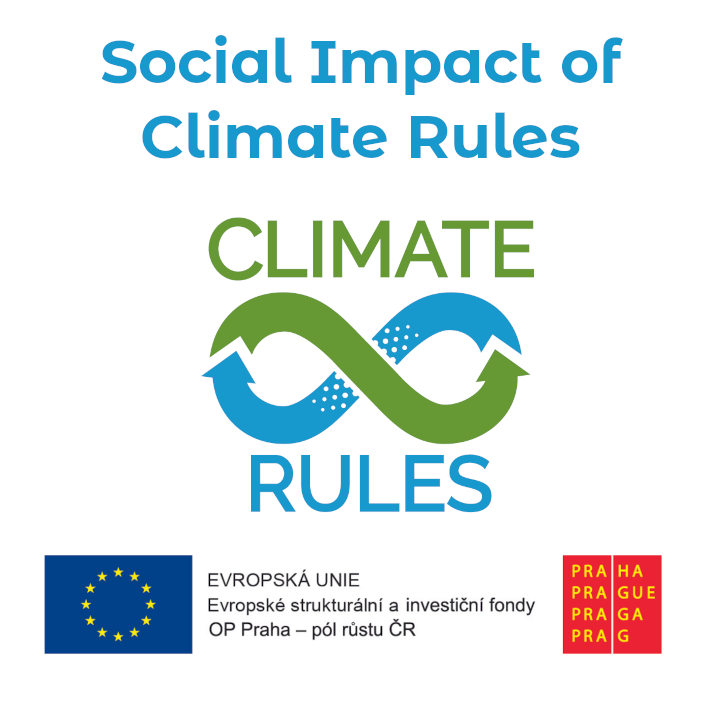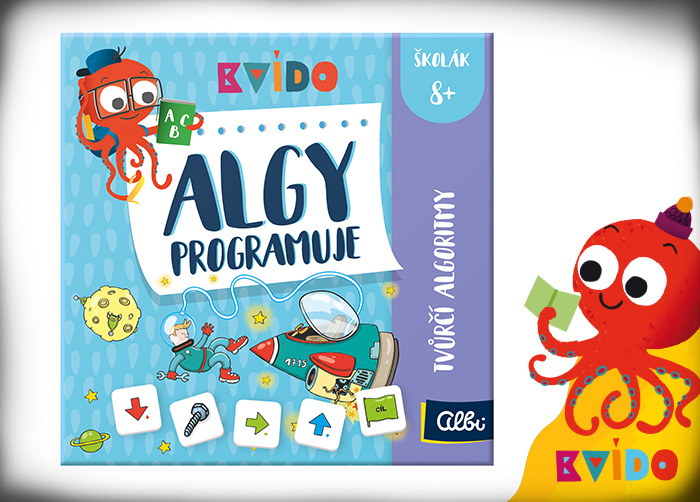
News in the teaching of informatics in elementary schools
How are we successful in fulfil the horizontal priority of the National RIS3 strategy People and smart skills? Does the content of initial education in primary and secondary schools change? Is the system of teaching computer science and technical fields improving? Will our education system produce people prepared for life in the 21st century?
We have been asking these and other questions for a long time and are looking for ways how to change education in our schools to real contribution of school graduates to our economy and society. Systemic change is being promoted in the long term and the National RIS3 strategy also contributes to it through horizontal (cross-cutting) priorities. One of them is the priority People and smart skills, the aim of which is "to modernize (and digitize) the system of initial education with an emphasis on the development of key competences of pupils and students relevant for long-term employment in the economy and society of the 21st century, both on the labour market, so in independent business".
The Operational Program Johannes Amos Comenius (OP JAC) supports schools of all levels in Priority 2 – Education. Many of supported measures contribute to above mentioned horizontal priority. In addition to the operational program, however, there are a number of other activities and initiatives that significantly support the idea of changing the education system in our schools. The Czech National Coalition for Digital Skills and Jobs, abbreviated DigiKoalice, which is organized by the National Pedagogical Institute, has been operating in this area for several years. At the meeting of its members and invited guests on 27/07/2022, novelties being prepared for the education system were presented, as well as several activities of non-profit and private entities.
The most significant innovation is the introduction of a new educational field of INFORMATICS in primary schools, which is one of the main tasks of the revision of the Framework Educational Programmes of Primary Education 2021. The aim is to change the opinion on informatics from the hitherto prevailing understanding of informatics as a field about computers and programming to the perception of informatics as a problem solution tool. "Developing children's IT thinking means helping them to recognize the IT aspects of the world and to use IT tools to explore, shape and influence it," indicates the information leaflet. The new educational field is divided into 4 modules: Data, information and modelling; Algorithmizing and programming; Information System; Digital technology. At the same time as the new educational field, digital competence will be newly developed, which ranks among the so-called Key competences. Digital competence is divided into 6 areas: Use and engagement; Information and communication; Creation and expression; Efficiency and innovation; Development and risks; Safety and ethics.
Infusing the field of Informatics with new IT content and orienting it more towards a change in thinking is a task primarily for teachers. And not only computer science teachers, but for all elementary school teachers. They should be able to use informatics and computational thinking in all the subjects they teach. The introduction of a new educational field into school practice will certainly not be an easy task, but the National Pedagogical Institute, together with the Ministry of Education, Youth and Sports, has a plan to gradually prepare primary school teachers for the change in field teaching and how to help schools with the transition to the new framework educational programme. It will use funds from the National Recovery Plan and the state budget for this.
Another topic of the DigiKoalice meeting was the presentation of the activities of various private companies and non-profit organizations, which are primarily focused on the development of education in innovative forms and ways. For example, the non-profit organization NVIAS from Pilsen creates an experimental environment for the implementation of projects that "turn the young generation from consumers into creators" in a fun way. Projects such as Education on Climate Rules (solving climate change through competitions and cooperation), MegaBoost 4.0 (teaching future skills using an emerging game in Virtual Reality), AI Talent incubator (talent development of gifted students, business of skills and creativity in the field of artificial intelligence), Social impact of Climate rules (an impulse for Prague pedagogues and students of primary and secondary schools, developing competences for sustainable development) offer attractive educational programmes in a fun and interactive form with the support of modern technologies, which will interest children and focus their attention on thinking about important topics and searching solution.
The project of the ALBI company School with a Game is also very interesting. Albi is a well-known manufacturer of games and interactive books for children. In the educational programme the Albi company offers various aids, tools, games, toys and books to schools and extracurricular facilities. They can be used in any school subject, because the company also supplies worksheets and methodologies on how to use the aid in teaching in accordance with the Framework Education Programme. The aids are intended for children from kindergarten to the 2nd grade of elementary school, they can be used in school clubs and during leisure activities. With the help of games and aids, for example, informatics and computational thinking can be taught and developed without tablets and computers.
These innovations presented by Digikoalice give hope that the goal of the horizontal priority People and smart skills of the National RIS3 Strategy will really be fulfilled.

